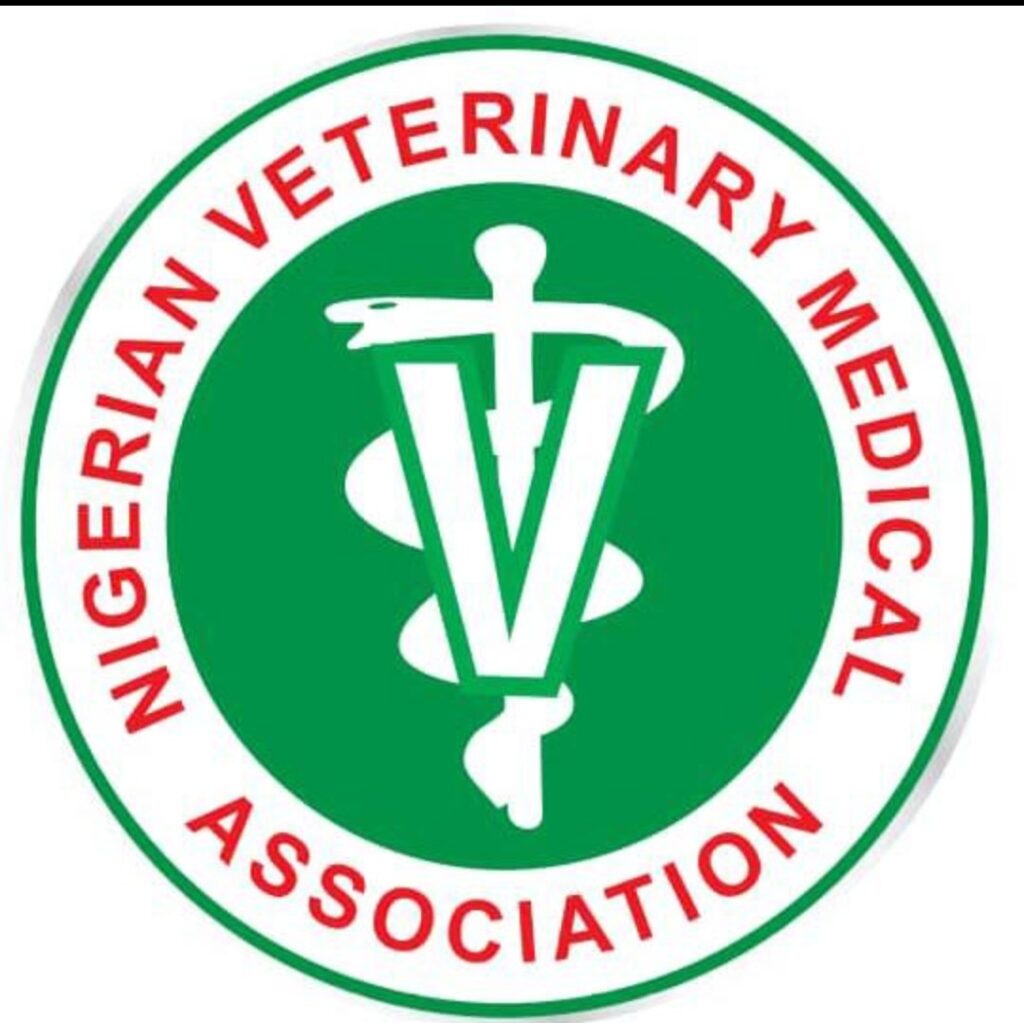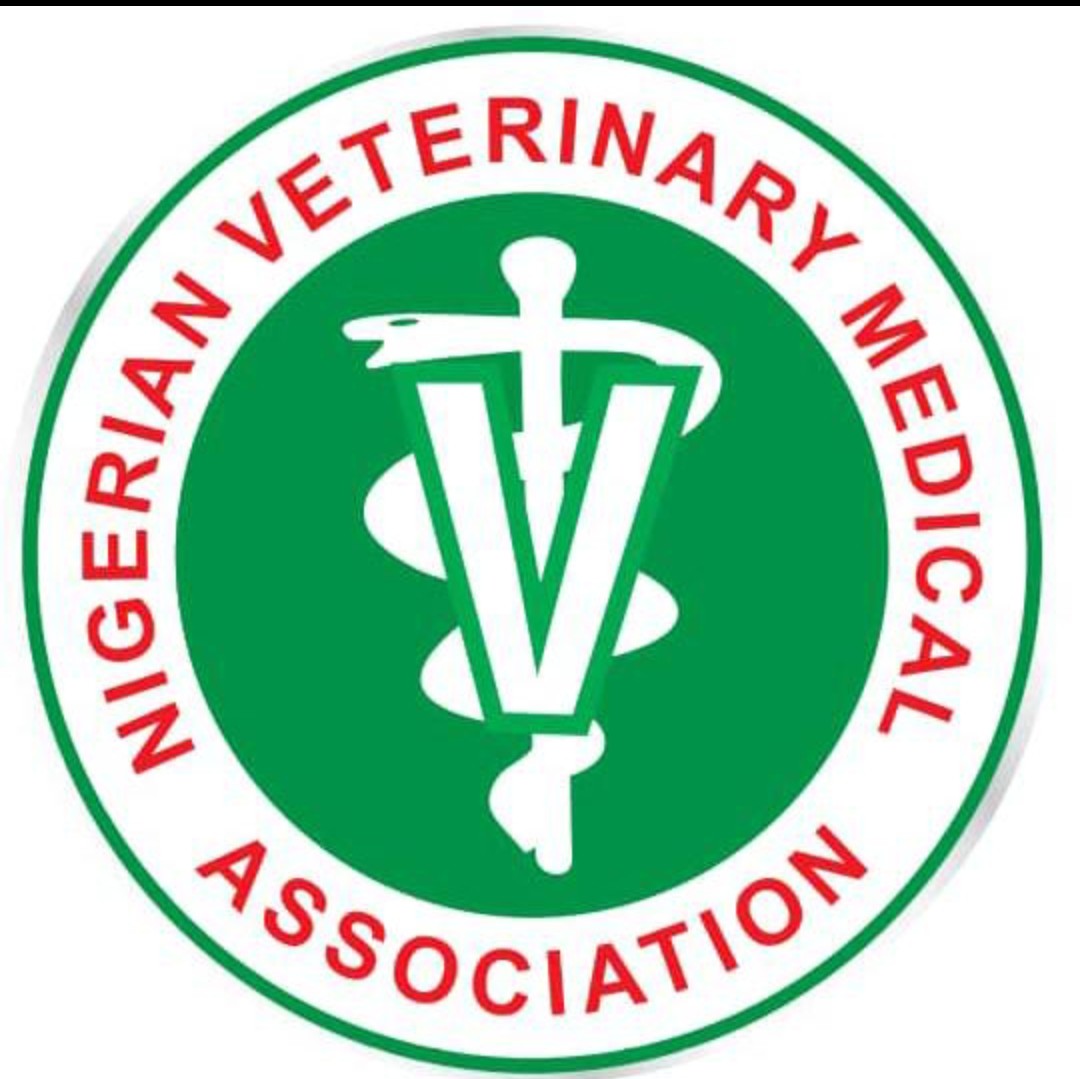

The Nigerian Veterinary Medical Association, NVMA, has raised alarm over the rising threat of zoonotic diseases, revealing that such infections are responsible for approximately 2.7 million deaths worldwide annually.
The association made this disclosure on Monday during a press briefing in Jalingo, Taraba State, as part of activities marking its 62 Annual Congress and Annual General Meeting, AGM, themed “Animal Health, Food Safety and Security: Ensuring a Healthy and Productive Nigeria.”
Addressing journalists, the NVMA National President, Dr Moses Arokoya, noted that about 65 percent of human infections originate from animals, while 75 percent of emerging diseases are zoonotic in nature.
“Zoonotic diseases are one of the core areas of deliberation in this year’s Congress. They have become an increasingly important global health concern,” Dr Arokoya stated
He also expressed deep concern about the growing menace of antimicrobial resistance, AMR, describing it as a “looming global crisis.”
“By 2050, it is projected that 39 million people could die annually as a result of antimicrobial resistance. This is a very serious issue that requires urgent attention both in Nigeria and across the world,” he warned.
The association further lamented the deteriorating state of abattoirs nationwide and the shortage of veterinarians across Nigeria’s 774 local government areas.
“We cannot boldly say that every local government in Nigeria has a veterinarian. Veterinarians are the gatekeepers of public health, and their absence in many communities poses a major risk to food safety and disease control,” Arokoya said
He therefore called on the federal government to declare a state of emergency on abattoirs operations, emphasizing the need to enhance meat hygiene and strengthen surveillance systems to safeguard public health.
The four-day Congress is expected to feature several high-profile guests, including Vice President Kashim Shettima, state governors, and other dignitaries from within and outside Nigeria.
Zoonotic diseases are infections transmitted between animals and humans, posing a significant threat to global health, food safety, and economic stability.












